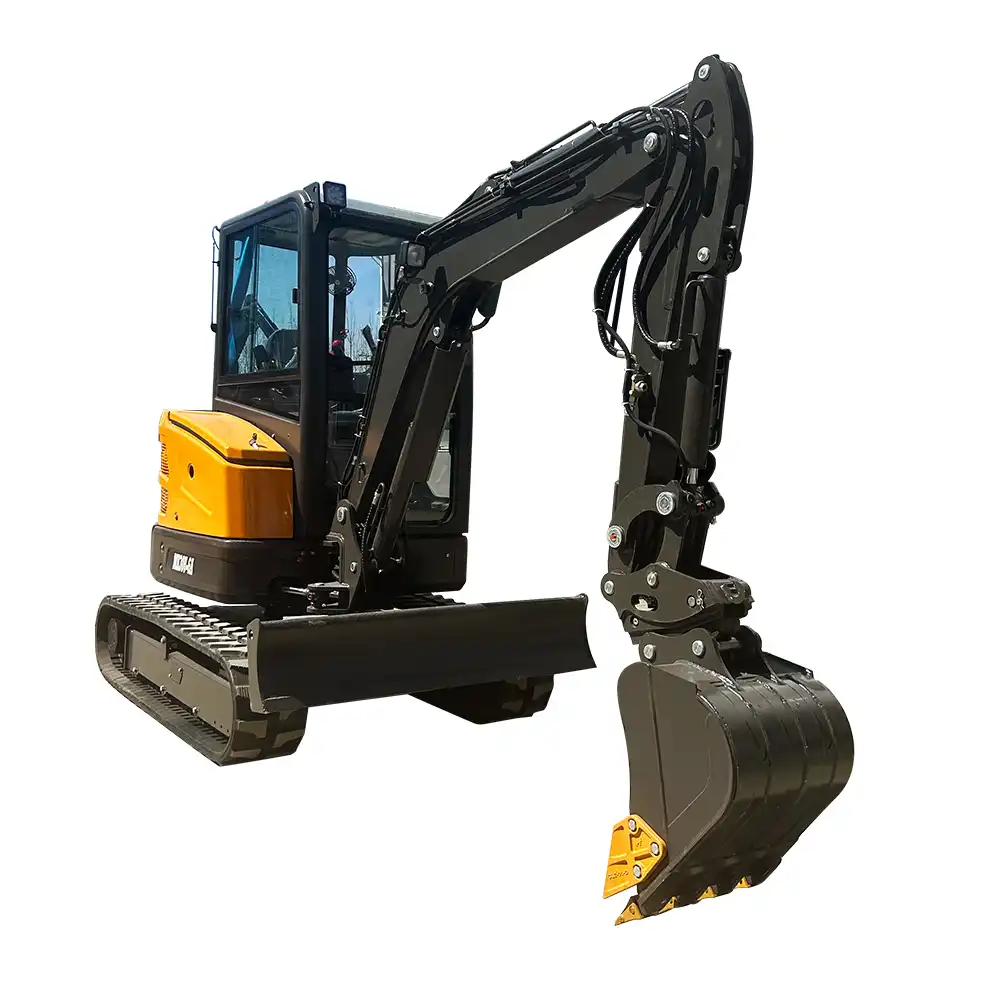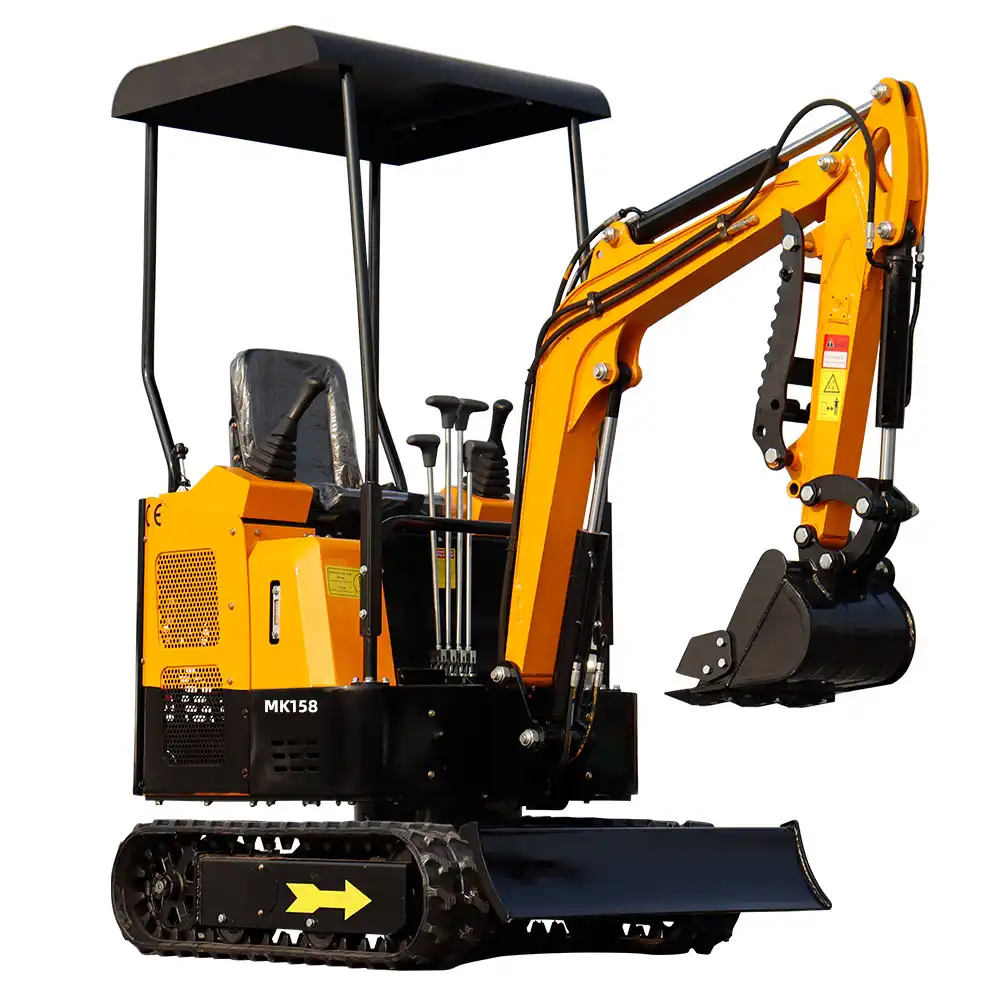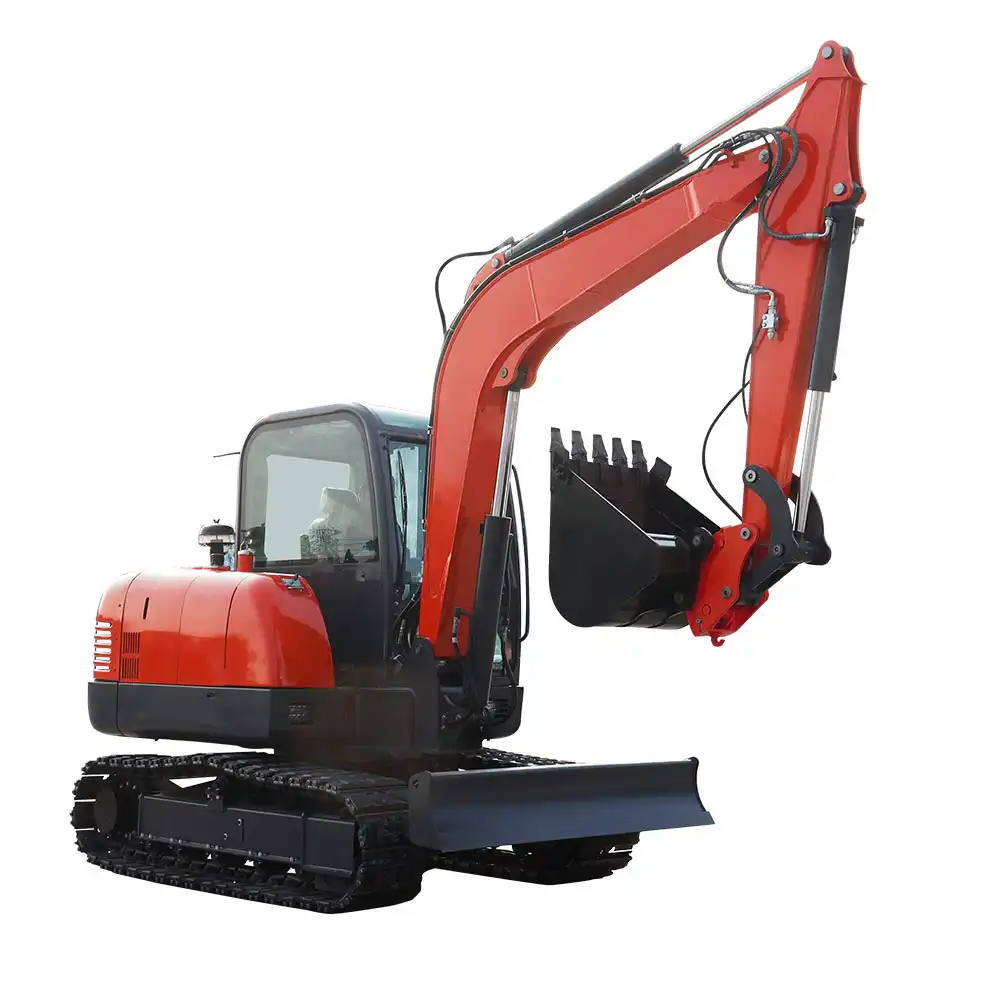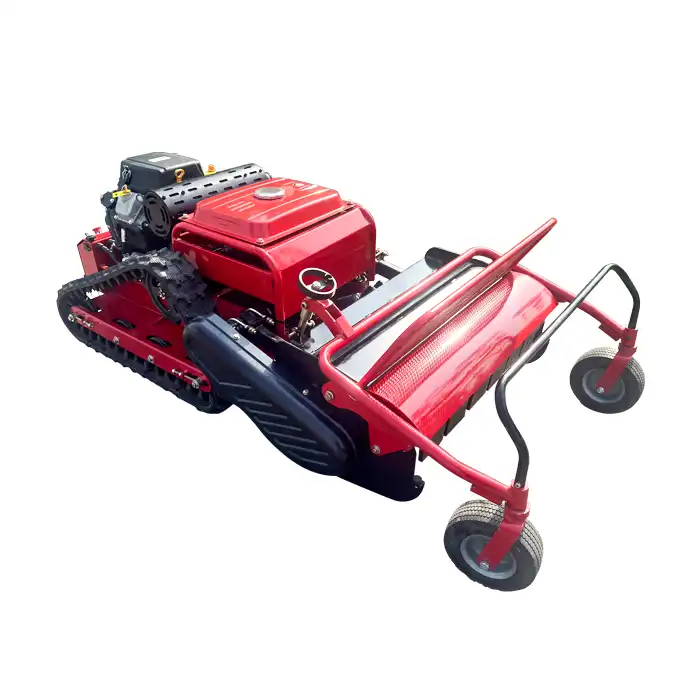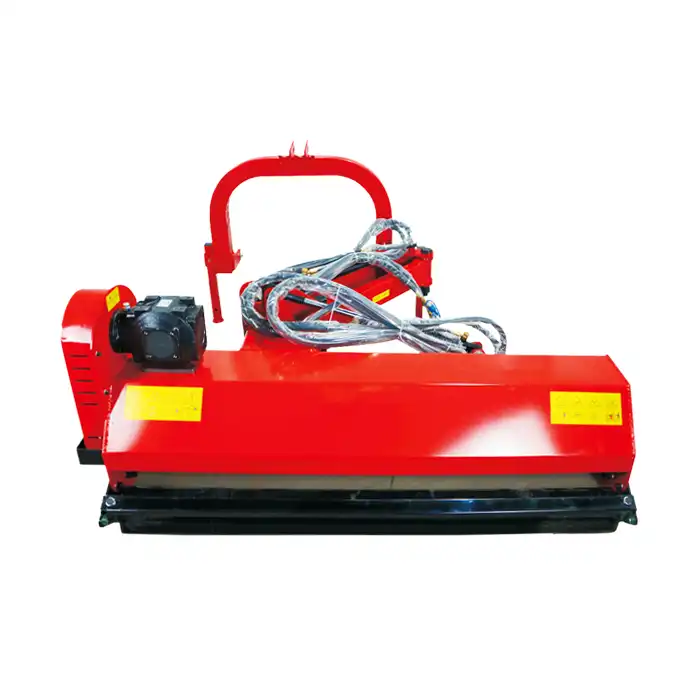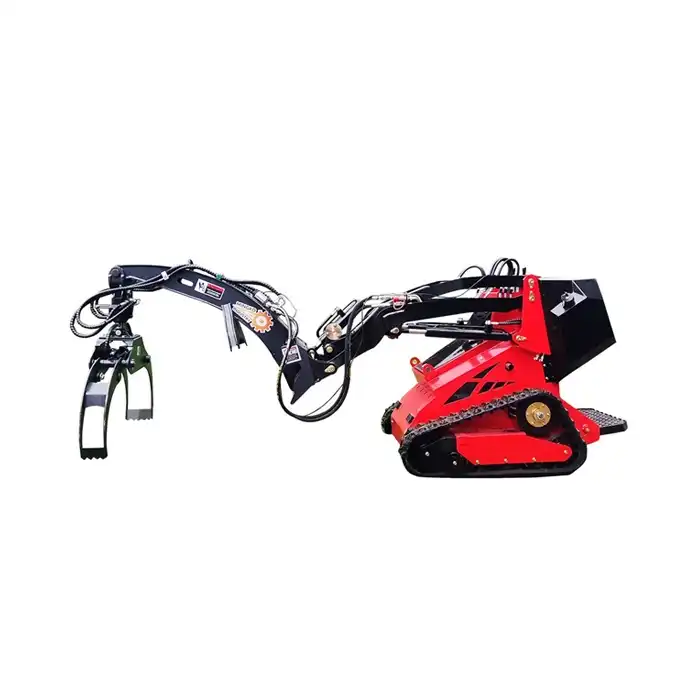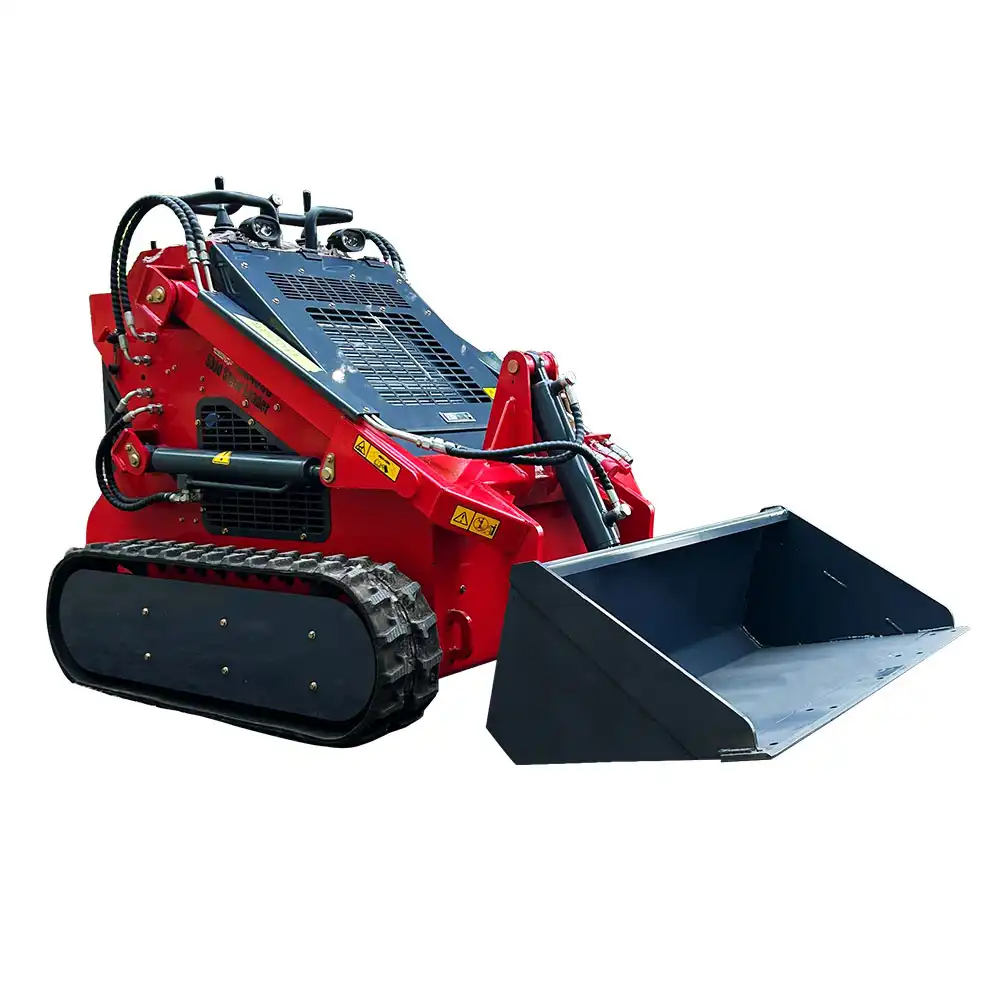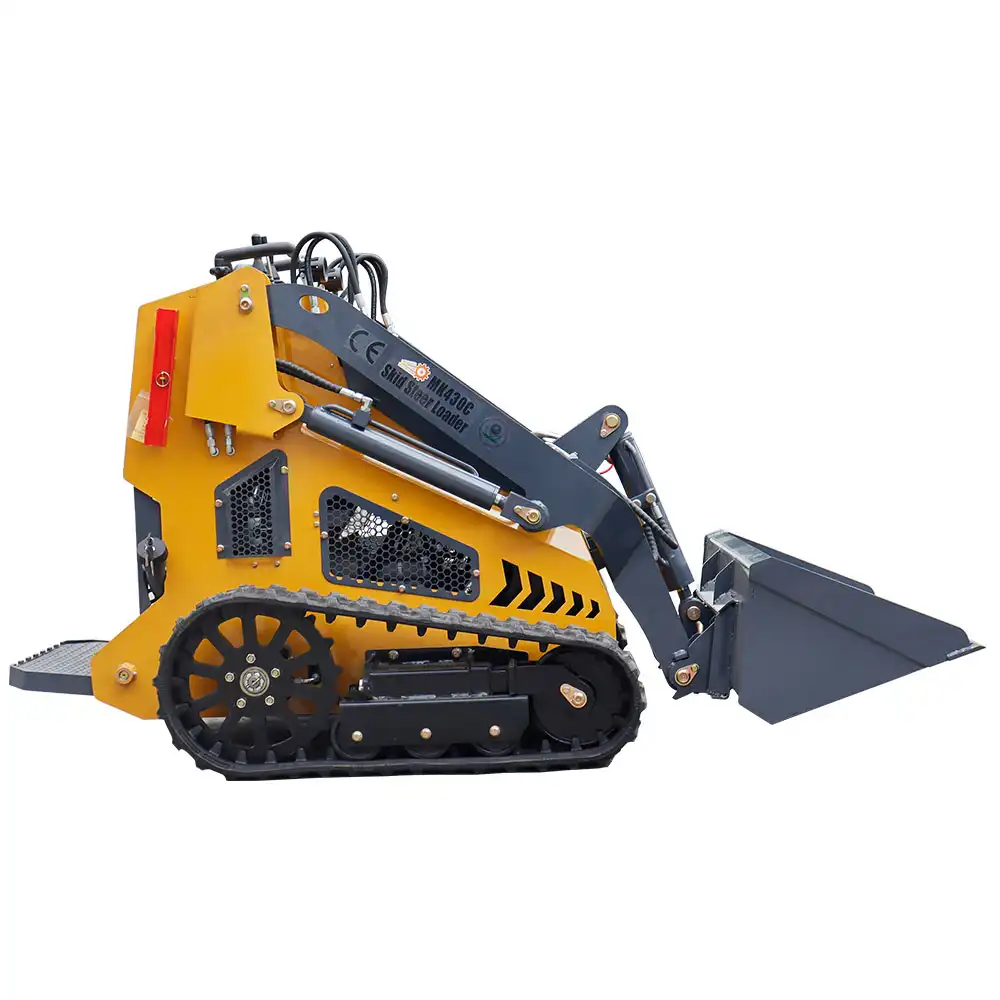Mini excavator: how to choose in 2025|Compact Equipment
Are you struggling to find the right compact excavation solution for your construction projects in 2025? With countless Mini Excavator models flooding the market, choosing the perfect machine can feel overwhelming, especially when project deadlines are tight and budgets are strict. The wrong choice could lead to costly delays, inefficient operations, and frustrated workers. This comprehensive guide will help you navigate the complex world of mini excavators, focusing on proven selection criteria, advanced technologies, and practical considerations that matter most to contractors, construction companies, and equipment buyers. Whether you need a reliable 2.5 Ton Mini Excavator for urban construction or versatile compact equipment for landscaping projects, this article provides the expert insights you need to make an informed decision that maximizes productivity and minimizes operational costs.
Understanding 2.5 Ton Mini Excavator Specifications and Capabilities
When evaluating compact excavation equipment, understanding the technical specifications of a 2.5 Ton Mini Excavator is crucial for making the right purchasing decision. Choosing the right mini excavator requires evaluating the scope of your project and considering key factors like size, reach, and lifting capacity, which directly impact job site efficiency and overall project success.
Operating Weight and Performance Parameters
The 2.5 Ton Mini Excavator represents an optimal balance between power and maneuverability, typically featuring an operating weight of 2500kg that provides excellent stability without compromising transportability. Modern units like the MK25U-9 Mini Excavator come equipped with advanced engine options including Euro 5 EPA Changchai 390 (20kw) or Kubota D1105 (14.2KW) engines, ensuring compliance with environmental regulations while delivering consistent performance. The hydraulic pilot valve control system enables precise operation, while the 0.06CBM bucket capacity handles most excavation tasks efficiently. Maximum digging depth of 2600mm and digging height of 2637mm provide versatility for various applications, from utility work to foundation preparation. The zero-turn tail design enhances maneuverability in confined spaces, making these machines ideal for urban construction projects where space constraints are common.
Engine Technology and Fuel Efficiency Considerations
Models with smart hydraulic systems often deliver the best performance while keeping operating costs low, which explains why engine selection becomes a critical factor in your purchasing decision. The dual engine options available in quality 2.5 Ton Mini Excavator models provide flexibility for different operating environments and regulatory requirements. Euro 5 EPA certified engines ensure environmental compliance in regulated markets, while advanced fuel injection systems optimize consumption patterns for extended operational periods. Double speed capability allows operators to match machine performance to specific job requirements, enhancing productivity during both precision work and high-volume excavation tasks. Modern engines also incorporate advanced cooling systems and filtration technology that extend maintenance intervals and reduce operational downtime, contributing to lower total cost of ownership throughout the machine's service life.
Key Selection Criteria for 2.5 Ton Mini Excavator in 2025
Selecting the right compact excavation equipment requires a systematic approach that considers both immediate project needs and long-term operational requirements. The 2.5 Ton Mini Excavator category has evolved significantly, with manufacturers incorporating advanced technologies and improved design features that address common contractor pain points.
Size and Workspace Requirements Analysis
Project site conditions heavily influence 2.5 Ton Mini Excavator selection, particularly in urban environments where space limitations and access restrictions are common. Machine dimensions of 2700x1300x2550mm provide compact footprint while maintaining operational capability, with chassis width of 1300mm allowing passage through standard gates and narrow access points. Track width of 250mm and length of 1800mm deliver excellent ground contact for stability and reduced ground pressure, essential for working on finished surfaces or sensitive terrain. The excavation radius of 4163mm and turning radius of 756mm enable efficient operation in confined areas while maintaining productivity levels comparable to larger machines. Understanding these spatial requirements helps contractors select equipment that maximizes job site efficiency without compromising access or maneuverability.
Technology Integration and Control Systems
Modern 2.5 Ton Mini Excavator models incorporate sophisticated control systems that enhance operator productivity and reduce fatigue during extended operation periods. Hydraulic pilot valve control provides precise implement movement and reduces physical strain compared to older manual systems. By carefully assessing your requirements, taking into account weight, power, technology and cost, you will be able to select a mini excavator that will optimise the efficiency of your operations while ensuring a sound investment. Advanced display systems provide real-time operational data including fuel consumption, hydraulic temperatures, and maintenance intervals, enabling proactive fleet management. Some models feature grade control integration capabilities and telematics systems that support remote monitoring and diagnostics. These technological advances not only improve operational efficiency but also provide valuable data for optimizing machine utilization and predicting maintenance requirements, contributing to reduced operational costs and improved equipment reliability.
Manufacturer Quality and After-Sales Support Evaluation
Choosing a reliable manufacturer for your 2.5 Ton Mini Excavator investment requires careful evaluation of production capabilities, quality control processes, and support infrastructure. Established manufacturers with comprehensive facilities and experienced engineering teams provide better long-term value through superior product design, consistent quality, and reliable parts availability.
Production Capacity and Quality Assurance
Manufacturing excellence begins with adequate production facilities and quality control systems. Companies operating modern production facilities exceeding 50,000 square meters demonstrate commitment to scalable manufacturing and quality consistency. Dedicated workshops for mini excavator production, combined with comprehensive quality inspection protocols, ensure each 2.5 Ton Mini Excavator meets stringent performance standards before delivery. ISO 9001 certification and high-tech enterprise designation indicate systematic approach to quality management and continuous improvement. Professional design teams supporting customized production capabilities enable modification of standard configurations to meet specific application requirements. Strict quality inspection processes reduce the likelihood of defects and ensure consistent performance across production batches, contributing to enhanced equipment reliability and reduced maintenance requirements during the operational life cycle.
Customer Support Infrastructure and Service Network
Comprehensive after-sales support significantly impacts total cost of ownership for 2.5 Ton Mini Excavator investments. Manufacturers offering 24/7 customer support with video guidance for installation and maintenance provide immediate assistance when technical issues arise. Twelve-month warranty coverage combined with lifetime technical assistance demonstrates manufacturer confidence in product quality and commitment to customer success. Professional sales and service teams available through multiple communication channels ensure rapid response to customer inquiries and technical support needs. Assistance with customs clearance procedures particularly benefits first-time international buyers, reducing complexity and potential delays in equipment delivery. MOQ policies allowing single unit purchases provide flexibility for smaller contractors and individual operators who may not require multiple machines immediately.
Cost Analysis and Return on Investment for 2.5 Ton Mini Excavator
Understanding the financial implications of 2.5 Ton Mini Excavator ownership requires comprehensive analysis of acquisition costs, operational expenses, and productivity benefits. Smart buyers evaluate multiple cost factors to determine true value proposition and long-term profitability of their equipment investment.
Initial Purchase Price and Financing Considerations
2.5 Ton Mini Excavator pricing varies significantly based on manufacturer, feature set, and customization requirements. Factory direct sales eliminate middleman markups, providing access to competitive pricing while maintaining quality standards. Customization options including specialized attachments, engine upgrades, and control system enhancements affect initial investment but may provide significant operational benefits. International buyers should consider additional costs including shipping, customs duties, and local certification requirements when calculating total acquisition expense. Financing options and payment terms can impact cash flow management, particularly for smaller contractors with limited capital resources. Some manufacturers offer flexible payment arrangements that align with project schedules or seasonal revenue patterns, making equipment acquisition more manageable for growing businesses.
Operational Efficiency and Productivity Gains
Operational benefits of quality 2.5 Ton Mini Excavator equipment extend beyond basic excavation capabilities to include enhanced productivity, reduced labor costs, and improved project timelines. Fast and precise excavation capabilities significantly reduce manual labor requirements, particularly beneficial in markets with high labor costs or limited skilled worker availability. Low fuel consumption and easy maintenance requirements contribute to reduced operational expenses throughout the equipment lifecycle. Versatility provided by multiple attachment options enables single machine to handle various tasks including excavation, demolition, and material handling, reducing need for multiple specialized pieces of equipment. Compact size facilitating easy transportation between job sites reduces mobilization costs and enables rapid deployment to emergency or urgent projects. Durability and reliability minimize unexpected breakdowns and associated repair costs, while maintaining consistent availability for scheduled work commitments.
Conclusion
Selecting the right mini excavator in 2025 requires balancing technical specifications, manufacturer reliability, cost considerations, and operational requirements to ensure optimal return on investment for your construction business.
Cooperate with Shandong Mingko Industry Corporation
Partner with Shandong Mingko Industry Corporation, your trusted China 2.5 Ton Mini Excavator factory and China 2.5 Ton Mini Excavator supplier, for premium excavation solutions. As a leading China 2.5 Ton Mini Excavator manufacturer, we offer China 2.5 Ton Mini Excavator wholesale pricing and High Quality 2.5 Ton Mini Excavator models. Find competitive 2.5 Ton Mini Excavator price and reliable 2.5 Ton Mini Excavator for sale options. Contact Us at sales@mingkomach.com for inquiries and save this guide for future reference when making your equipment decisions.
FAQ
Q: What is the ideal operating weight for a 2.5 ton mini excavator?
A: The standard operating weight is 2500kg, providing optimal balance between stability and transportability for most construction applications.
Q: Which engine type offers better fuel efficiency in 2025 models?
A: Euro 5 EPA certified engines like Changchai 390 and Kubota D1105 provide excellent fuel efficiency while meeting environmental regulations.
Q: What are the key maintenance requirements for mini excavators?
A: Regular hydraulic fluid changes, filter replacements, and track tension adjustments are essential for optimal performance and longevity.
Q: How do I determine the right bucket size for my projects?
A: Consider material type, job site access, and productivity requirements. Standard 0.06CBM buckets suit most general excavation tasks.
References
1. "Mini Excavators Buyer's Guide 2025" - Equipment World Magazine - Construction Equipment Industry Analysis Team
2. "Compact Equipment Selection Criteria" - Construction Equipment Association - Technical Standards Committee
3. "Hydraulic System Efficiency in Modern Excavators" - International Construction Equipment Review - Engineering Research Division
4. "Cost Analysis of Compact Construction Equipment" - Heavy Equipment Economics Institute - Financial Analysis Department


